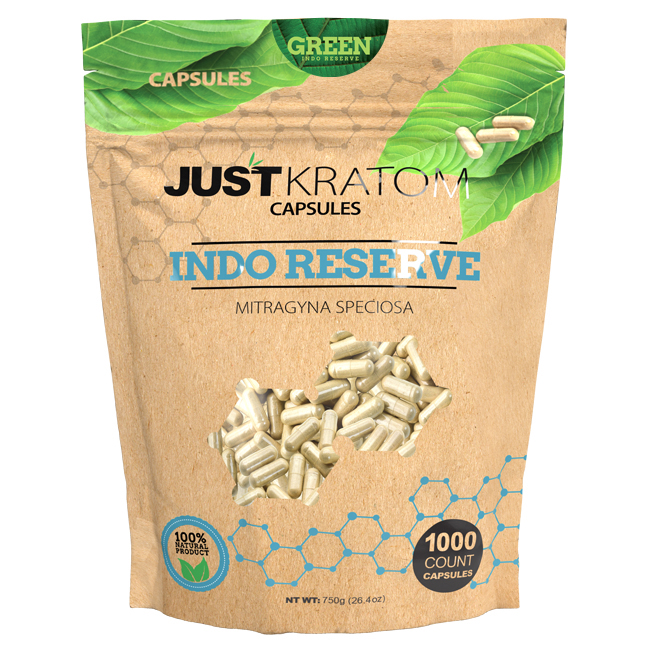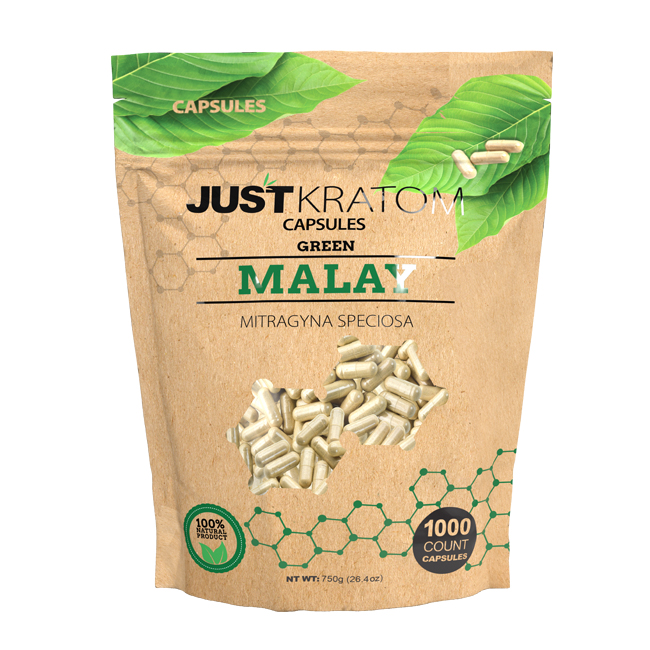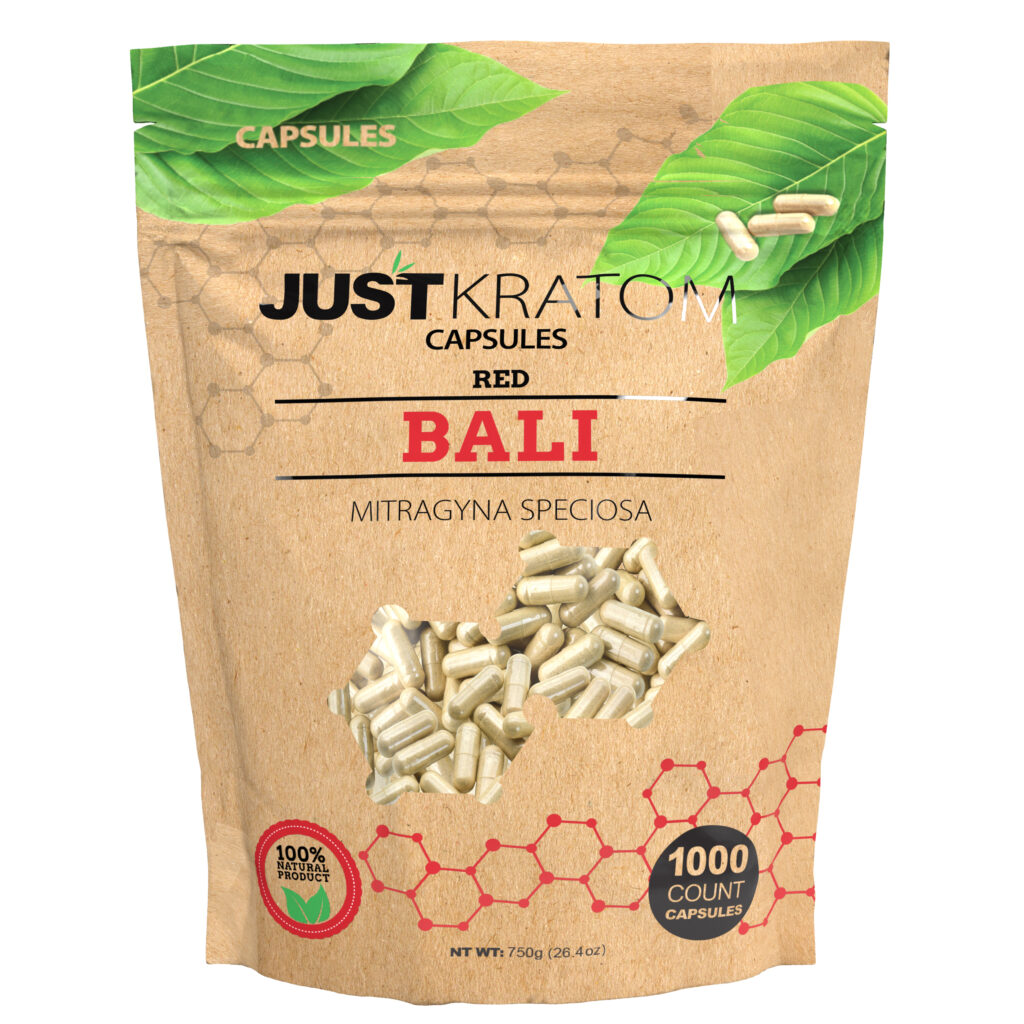Potential Benefits of Kratom for Immune Support
Kratom, a tropical tree native to Southeast Asia, has gained attention for its potential health benefits, including immune system support. Traditional uses and preliminary research suggest that certain compounds found in kratom may possess anti-inflammatory and antioxidant properties, potentially aiding the body’s defenses against infections and illness.
Antioxidant Properties
Kratom contains alkaloids like mitragynine and 7-hydroxymitragynine which are believed to contribute to its potential immune-boosting effects. These compounds are thought to modulate the activity of immune cells, potentially enhancing their ability to fight off infections. Additionally, kratom exhibits antioxidant properties, meaning it may help protect cells from damage caused by free radicals, which can weaken the immune system.
While promising, it’s important to note that research on kratom’s immune-supporting effects is still limited and further studies are needed to confirm these benefits and understand potential risks or interactions with other medications.
Immunomodulatory Effects
Kratom capsules have garnered attention as a potential source of immune support due to the presence of certain alkaloids within the plant. These alkaloids, such as mitragynine and 7-hydroxymitragynine, are believed to influence the function of immune cells, possibly enhancing their ability to combat infections.
Moreover, kratom demonstrates antioxidant properties, suggesting it may shield cells from damage inflicted by free radicals. Free radicals can compromise the immune system, making antioxidant compounds potentially beneficial for bolstering immunity.
Scientific Evidence and Research
Scientific evidence plays a crucial role in understanding the potential benefits and risks of any substance, including kratom. Research methods such as clinical trials and laboratory studies provide valuable data to assess the efficacy and safety of substances like kratom capsules for immune support.
Current Studies on Kratom and Immunity
Current research on kratom’s impact on immunity is still in its early stages. While some studies have shown promising results, more comprehensive and well-controlled trials are needed to establish definitive conclusions.
One area of investigation focuses on the effects of kratom alkaloids, particularly mitragynine and 7-hydroxymitragynine, on immune cell function. Preliminary findings suggest these compounds may modulate the activity of immune cells, potentially enhancing their ability to recognize and fight infections.
Another area of research explores kratom’s antioxidant properties. Antioxidants help protect cells from damage caused by free radicals, which can contribute to immune system dysfunction. Studies have indicated that kratom exhibits antioxidant activity, suggesting a possible role in supporting immune health.
Limitations of Existing Research
Scientific evidence is fundamental for determining the potential benefits and risks of substances like kratom capsules. Research methods such as clinical trials and laboratory studies provide valuable data regarding the efficacy and safety of these substances.
However, research on kratom’s impact on immunity is still limited. While some studies have shown promising results, more comprehensive and well-controlled trials are necessary to establish definitive conclusions about its effectiveness and potential side effects.
Further investigation into the specific mechanisms by which kratom might influence the immune system is crucial. Understanding how kratom alkaloids interact with immune cells and pathways could provide valuable insights into its potential therapeutic applications.
Longitudinal studies are also needed to assess the long-term effects of kratom use on immune function and overall health. This will help researchers determine if there are any potential risks associated with prolonged kratom consumption.
Access to quality data and diverse participant groups is essential for robust research. Ensuring that studies include individuals from various demographics and backgrounds can provide a more comprehensive understanding of how kratom might affect different populations.
Safety and Dosage Considerations
Before incorporating kratom capsules into your health regimen, it’s crucial to prioritize safety and consider appropriate dosage. Kratom can interact with certain medications and may have adverse effects for individuals with pre-existing medical conditions. It’s essential to consult with a healthcare professional to determine if kratom is suitable for you and to establish a safe and effective dosage based on your individual needs and health history.
Possible Side Effects
Safety and dosage are paramount when considering kratom capsules for immune support.
Potential side effects can include nausea, dizziness, itching, and constipation. In some cases, kratom may cause more serious adverse effects, such as seizures or liver damage. It is crucial to start with a low dose and gradually increase it as needed while monitoring for any adverse reactions.
Kratom can interact with certain medications, including antidepressants, opioids, and blood thinners. Individuals taking these medications should consult a healthcare professional before using kratom.
Recommended Dosage Guidelines
Safety and dosage considerations are paramount when using kratom capsules for potential immune support.
Kratom can cause side effects such as nausea, dizziness, itching, and constipation. In some cases, more serious adverse effects like seizures or liver damage may occur. It is essential to begin with a low dose and gradually increase it as needed while carefully observing for any adverse reactions.
Due to the potential for interactions with medications, individuals taking antidepressants, opioids, or blood thinners should consult a healthcare professional before using kratom.
Always consult with a healthcare provider to determine if kratom is appropriate for you and to establish a safe and effective dosage based on your individual health history and needs.
Interactions with Medications and Health Conditions
Understanding the potential interactions between medications and health conditions is crucial when considering any new supplement, including kratom capsules. Kratom’s effects on the immune system are still being researched, and its use may have implications for individuals with certain medical conditions or those taking specific medications.
Potential Drug Interactions

Kratom can interact with various medications and may exacerbate existing health conditions.
- Antidepressants: Kratom may potentiate the effects of antidepressants, increasing the risk of serotonin syndrome, a potentially life-threatening condition.
- Opioids: Kratom shares some pharmacological properties with opioids and can increase the risk of respiratory depression when taken together.
- Blood thinners: Kratom may interfere with blood clotting and increase the risk of bleeding in individuals taking blood thinners.
- Liver conditions: Kratom may strain the liver, and individuals with existing liver problems should avoid its use.
- Heart conditions: Kratom can affect heart rate and blood pressure, which may be problematic for individuals with heart conditions.
Contraindications for Use
It is crucial to understand that kratom can interact with various medications and may worsen existing health conditions.
For example, kratom may enhance the effects of antidepressants, potentially leading to serotonin syndrome, a serious condition. Combining kratom with opioids increases the risk of respiratory depression, a life-threatening situation.
Kratom can also interact with blood thinners, raising the risk of bleeding. Individuals with liver problems should avoid kratom as it may further strain the liver.
Individuals with heart conditions should exercise caution as kratom can impact heart rate and blood pressure.
Legality and Regulations
The legal status of kratom varies significantly depending on location. In some countries, it is completely banned, while in others, its sale and possession are regulated or legal.
Kratom Legality by Country/Region
Kratom’s legal status is a complex and evolving issue.
It is legal in many countries but banned or restricted in others.
Countries where kratom is largely illegal include:
- United States (federally classified as a Schedule I drug, although some states have decriminalized it)
- Australia
- Thailand
- Malaysia
Countries with more relaxed regulations or legal status for kratom include:
- Indonesia
- Vietnam
- Myanmar
- Laos
- Some European countries (with varying degrees of regulation)
Within the United States, kratom’s legal status is fragmented. While it is federally classified as a Schedule I drug, numerous states have enacted laws either decriminalizing or regulating its sale and possession.
It is essential to consult with local authorities or legal experts for accurate information about kratom’s legal status in a specific country or region.
Alternative Immune-Boosting Strategies
In the pursuit of optimal health, many individuals explore alternative strategies to bolster their immune systems. Kratom, an herb native to Southeast Asia, has emerged as a potential contender in this arena.
Healthy Diet and Lifestyle Choices

Beyond kratom capsules, there are numerous other evidence-based strategies for supporting a healthy immune system. A balanced and nutritious diet rich in fruits, vegetables, whole grains, and lean proteins provides essential vitamins, minerals, and antioxidants that nourish immune cells. Regular physical activity boosts circulation, strengthens the immune response, and helps manage stress.
Adequate sleep is crucial for immune function. Aim for 7-9 hours of quality sleep each night to allow your body to repair and regenerate. Managing stress through techniques such as meditation, yoga, or deep breathing exercises can also positively impact immunity.
Maintaining good hygiene practices, including frequent handwashing and avoiding close contact with sick individuals, helps prevent the spread of infections.
Other Natural Supplements

Alternative immune-boosting strategies encompass a range of approaches aimed at supporting the body’s natural defenses. In addition to kratom, consider incorporating these evidence-based practices into your routine:
Prioritize a nutrient-rich diet abundant in fruits, vegetables, whole grains, and lean proteins. These foods provide essential vitamins, minerals, and antioxidants that nourish and strengthen immune cells.
Regular physical activity has been shown to enhance immune function. Aim for at least 30 minutes of moderate-intensity exercise most days of the week.
Adequate sleep is crucial for optimal immune response. Strive for 7-9 hours of quality sleep each night to allow your body to repair and recharge.
Effective stress management techniques such as meditation, yoga, or deep breathing exercises can positively impact immune function.
Maintaining good hygiene practices, including frequent handwashing and avoiding close contact with individuals who are sick, plays a vital role in preventing the spread of infections.
Buy Kratom capsules for a calm and focused mind
- Thc Infused Seltzers In Oklahoma OK - May 29, 2025
- Kratom Capsules For Immune Support: What You Should Know - May 28, 2025
- Cannabis Soda In Kansas KS - May 27, 2025
